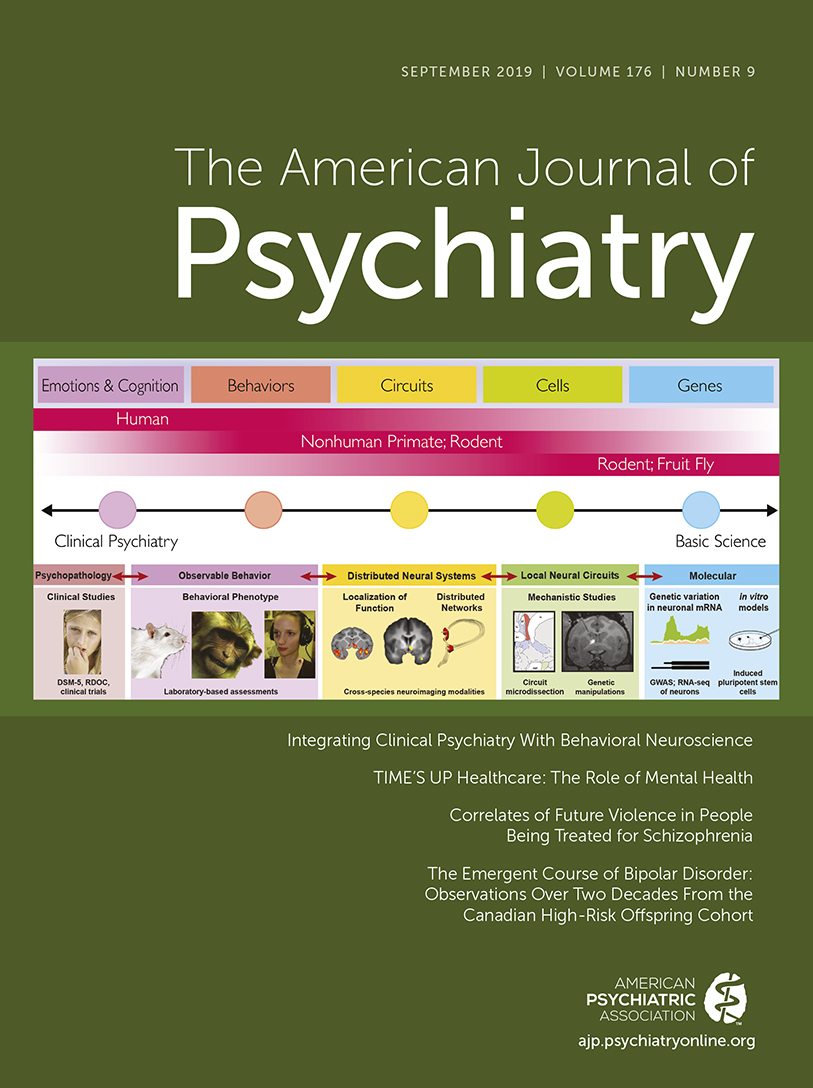Continued Benefits of Methylphenidate in ADHD After 2 Years in Clinical Practice: A Randomized Placebo-Controlled Discontinuation Study
Abstract
Objective:
The benefits of long-term use of methylphenidate treatment in children and adolescents with attention deficit hyperactivity disorder (ADHD), as frequently prescribed in clinical practice, are unclear. The authors investigated whether methylphenidate remains beneficial after 2 years of use.
Methods:
Ninety-four children and adolescents (ages 8–18 years) who had been treated in regular care with methylphenidate for more than 2 years were randomly assigned to double-blind continuation of treatment for 7 weeks (36 or 54 mg/day of extended-release methylphenidate) or gradual withdrawal over 3 weeks, to 4 weeks of placebo. The primary outcome measure was the investigator-rated ADHD Rating Scale (ADHD-RS); secondary outcome measures were the investigator-rated Clinical Global Impressions improvement scale (CGI-I) and the Conners’ Teacher Rating Scale–Revised: Short Form (CTRS-R:S). Continuous ratings were analyzed with mixed model for repeated measures analyses, and the CGI-I with a chi-square test.
Results:
The mean ADHD-RS scores at baseline for the continuation and discontinuation groups, respectively, were 21.4 (SD=9.7) and 19.6 (SD=8.9); after 7 weeks, the mean scores were 21.9 (SD=10.8) and 24.7 (SD=11.4), with a significant between-group difference in change over time of −4.6 (95% CI=−8.7, −0.56) in favor of the group that continued methylphenidate treatment. The ADHD-RS inattention subscale and the CTRS-R:S ADHD index and hyperactivity subscale also deteriorated significantly more in the discontinuation group. The CGI-I indicated worsening in 40.4% of the discontinuation group, compared with 15.9% of the continuation group.
Conclusions:
Continued treatment with methylphenidate remains effective after long-term use. Some individual patients may, however, be withdrawn from methylphenidate without deterioration. This finding supports guideline recommendations that patients be assessed periodically to determine whether there is a continued need for methylphenidate treatment.



